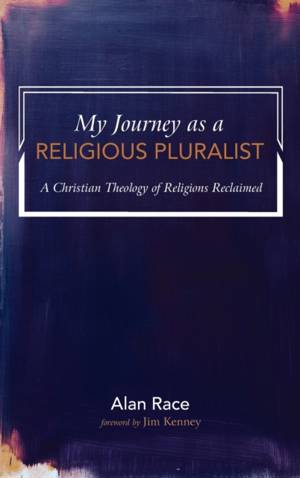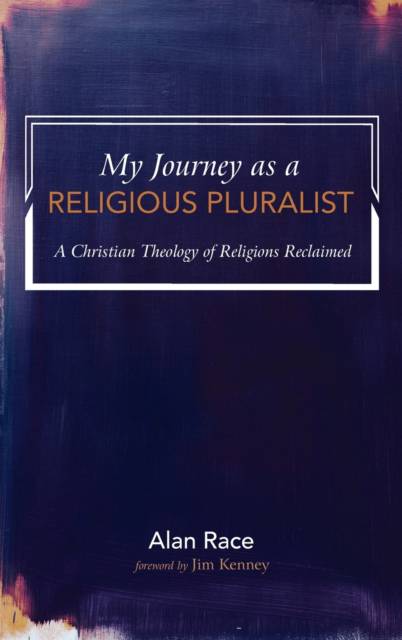
- Afhalen na 1 uur in een winkel met voorraad
- Gratis thuislevering in België vanaf € 30
- Ruim aanbod met 7 miljoen producten
- Afhalen na 1 uur in een winkel met voorraad
- Gratis thuislevering in België vanaf € 30
- Ruim aanbod met 7 miljoen producten
Zoeken
My Journey as a Religious Pluralist
A Christian Theology of Religions Reclaimed
Alan Race
Hardcover | Engels
€ 56,95
+ 113 punten
Uitvoering
Omschrijving
Christian theology of religions remains a central component of the Christian response to global religious diversity. In the face of theological refusals to engage with issues of religious absolutism and new impressions from interreligious encounters, this book seeks to inject fresh energy into a debate that has stalled in recent years. The encounter between Christians and people of different religious persuasions raises questions of how to interpret Christian absolutism for a new and developing consciousness that values the experience of the religious other. This book argues that interreligious dialogue, interreligious ethical collaboration, and comparative studies all point to a pluralist future, where we are obliged to recognize the spiritual authenticity of the experience animating many religions. Building friendly relations between faith communities is to be applauded but it is insufficient in the face of the many challenges confronting the global human community. Whether we are speaking of cooperation in civil society, peace in the world, or the overarching ecological crisis encompassing the planet as a whole, the acceptance of the diversity of religions as a positive religious value will strengthen the sense of global responsibility that is needed.
Specificaties
Betrokkenen
- Auteur(s):
- Uitgeverij:
Inhoud
- Aantal bladzijden:
- 232
- Taal:
- Engels
Eigenschappen
- Productcode (EAN):
- 9781725298224
- Verschijningsdatum:
- 2/06/2021
- Uitvoering:
- Hardcover
- Formaat:
- Genaaid
- Afmetingen:
- 152 mm x 229 mm
- Gewicht:
- 480 g

Alleen bij Standaard Boekhandel
+ 113 punten op je klantenkaart van Standaard Boekhandel
Beoordelingen
We publiceren alleen reviews die voldoen aan de voorwaarden voor reviews. Bekijk onze voorwaarden voor reviews.











